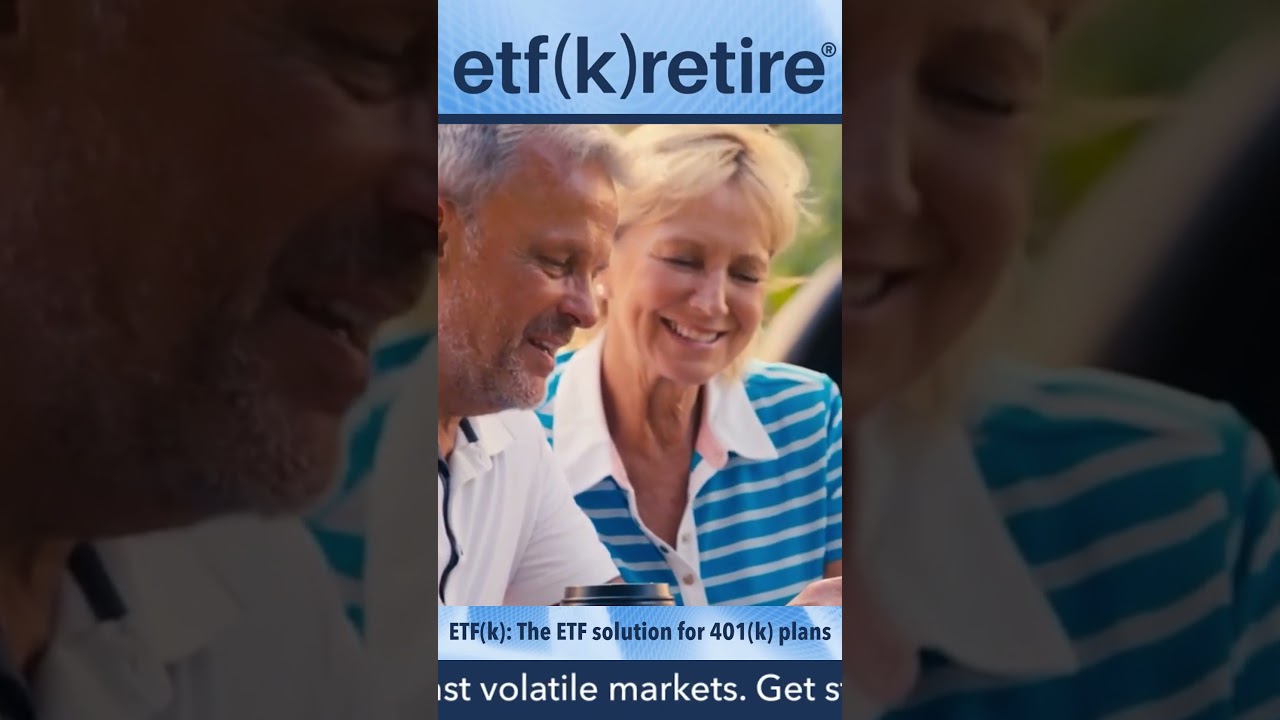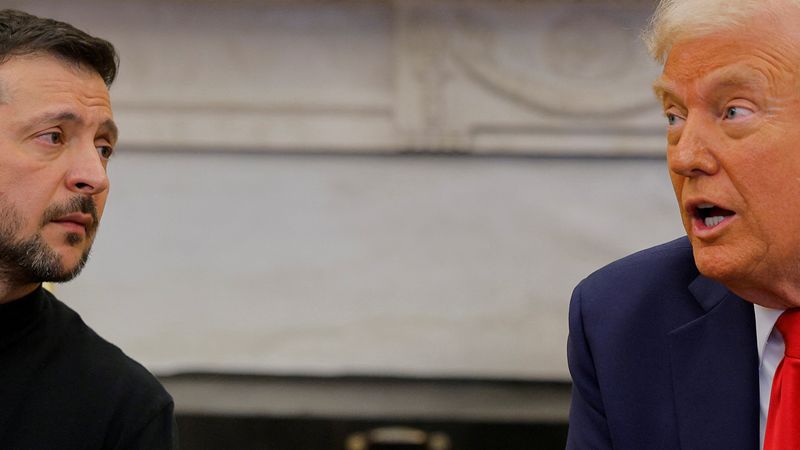Intel’s spin off reversal puts Intel Capital at a crossroads
In January, Intel announced plans to spin off Intel Capital, the company’s corporate venture arm. Last week, Intel’s new CEO walked that decision back.

A public about-face always attracts attention—and that’s definitely the case with the curious saga of Intel Capital.
If you haven’t been following along: In January, Intel announced plans to spin off Intel Capital, its long-standing corporate venture arm. It wasn’t a Silicon Valley shock, but did signal the potential end of an era. The news came shortly after then-CEO Pat Gelsinger stepped down—reportedly pushed out—and during a leadership lull under interim co-CEOs David Zinsner and Michelle Johnston Holthaus.
Intel Capital—founded in 1991 by Intel legend Les Vadász—has long been a stalwart of the CVC world. Some of the firm’s exits over the years include VMware (after years in the public markets, now owned by Broadcom), Red Hat (acquired by IBM for $34 billion), and MongoDB (public since 2017). ICAP, as it’s sometimes colloquially called, currently counts among its portfolio companies AI players like SambaNova, AI21 Labs, and Twelve Labs.
Back in January, there was a sense that Intel Capital could make it on its own, retaining Intel as an investment partner while pursuing capital from new LPs. Fast-forward to last week: that plan was no more. On Intel’s Q1 earnings call, new CEO Lip-Bu Tan—who took over in March—reversed course.
“We have made the decision not to spin-off Intel Capital,” Tan told analysts, “but to work with the team to monetize our existing portfolio, while being more selective on new investments that support the strategy. We need to get our balance sheet healthy.”
Intel declined comment for this story, but we can read between the lines a little. Barring a deluge of imminent IPOs or M&A possibilities (the latter more likely than the former), Tan seems to gesture at secondary sales as a possible means of generating liquidity. Likewise, “being more selective on new investments” seems to signal a tighter investment focus that could amount to a pullback.
Tan’s desire to make this work isn’t surprising. A longtime VC himself—he founded Walden International in 1987 and, as recently as January, was reportedly raising a new fund—he’s unlikely to push aside an asset that could potentially be invaluable to Intel through the AI boom.
It’s not clear how far Intel Capital got in testing the market with LPs, but it seems highly likely the process had begun in some form. Regardless, the reversal is revealing—both about Intel and the broader venture landscape. LPs are increasingly choosy, wary in a difficult macroeconomic environment with a possible recession hanging in the balance. And for corporate venture firms, downturns can be telling.
“CVC mandates are put to the test during economic downturns,” said Patrick Eggen, Counterpart Ventures founding general partner, via email. “It separates corporates who are genuinely committed to the venture asset class from those who are ‘fair-weather’ tourist CVCs. The more savvy CVCs embrace their unfair advantages during bear markets… Most corporates have the luxury to act as patient capital allocators.”
Intel Capital holds rare distinctions. Historically, it’s been among the most active investors across the startup landscape, through up cycles and down. The firm has survived through its consistency, investing continuously amid economic fluctuations. And, of course, there's the connection to Intel itself, one of venture capital’s first home run success stories. (In 1968, VC pioneer Arthur Rock backed Intel to the tune of $2.5 million.)
But times change. Intel has been in the midst of a public struggle, dropping market share for years to the likes of AMD and Nvidia—over the last five years, Intel’s stock is down more than 60%. It’s unclear what this all means for Intel Capital’s future.
It may not be the end of an era just yet. But it’s certainly a sign of where things stand.
See you tomorrow,
Allie Garfinkle
X: @agarfinks
Email: alexandra.garfinkle@fortune.com
Submit a deal for the Term Sheet newsletter here.
Nina Ajemian curated the deals section of today’s newsletter. Subscribe here.
This story was originally featured on Fortune.com

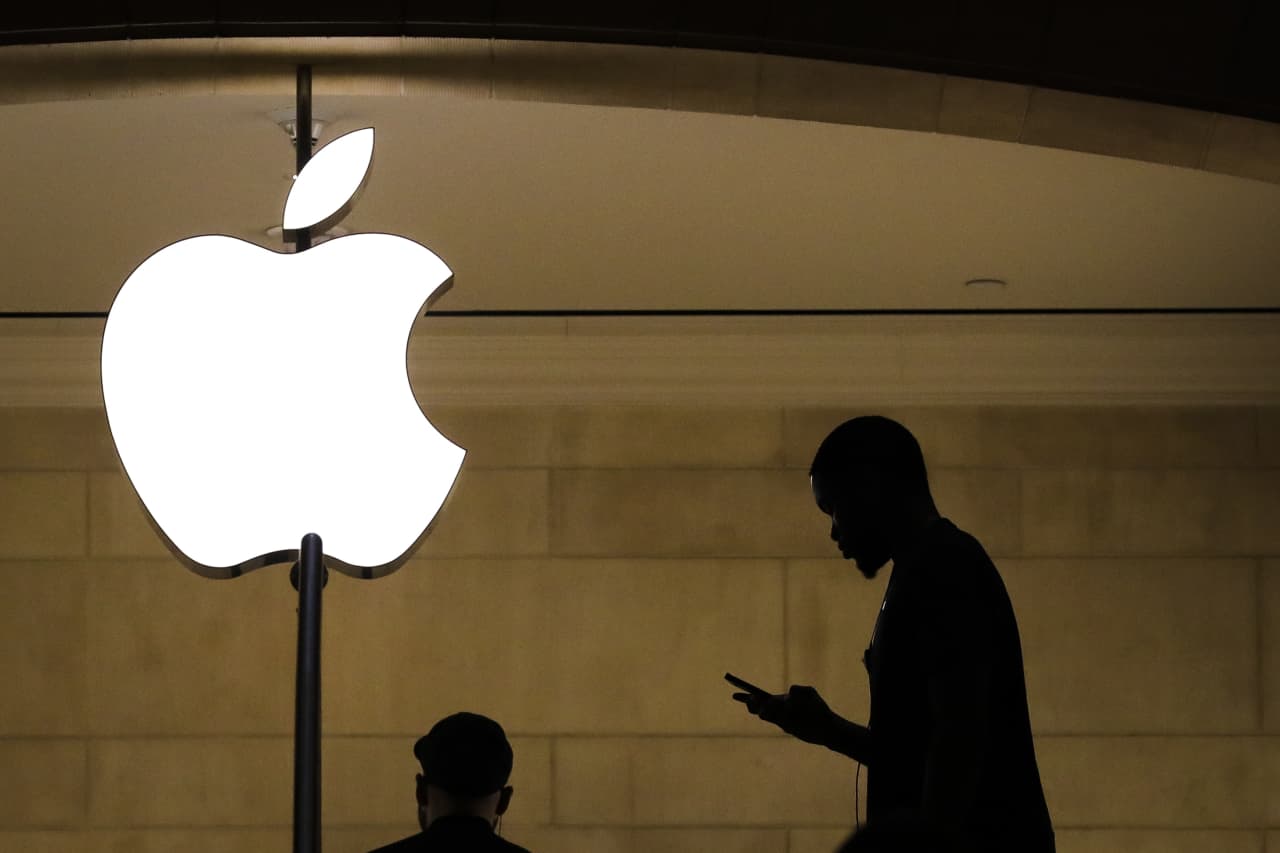




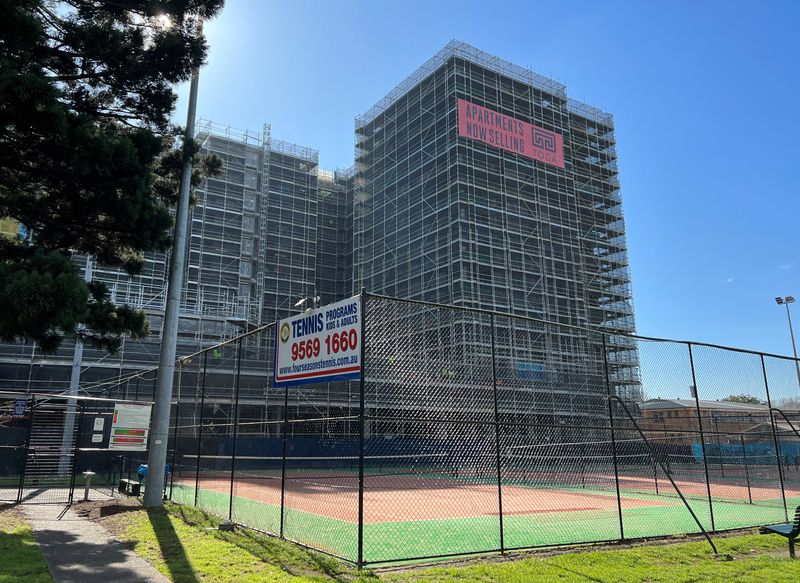

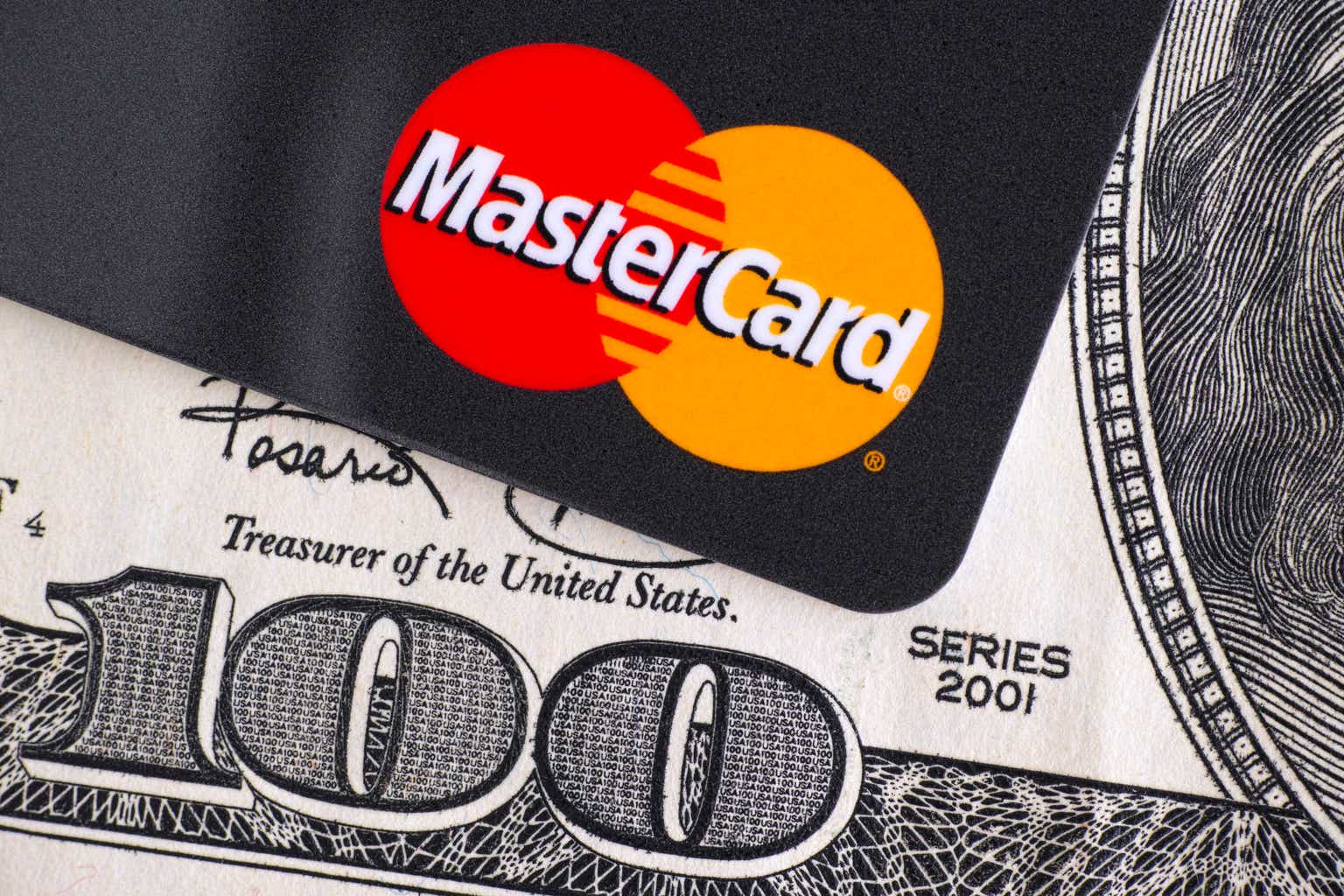












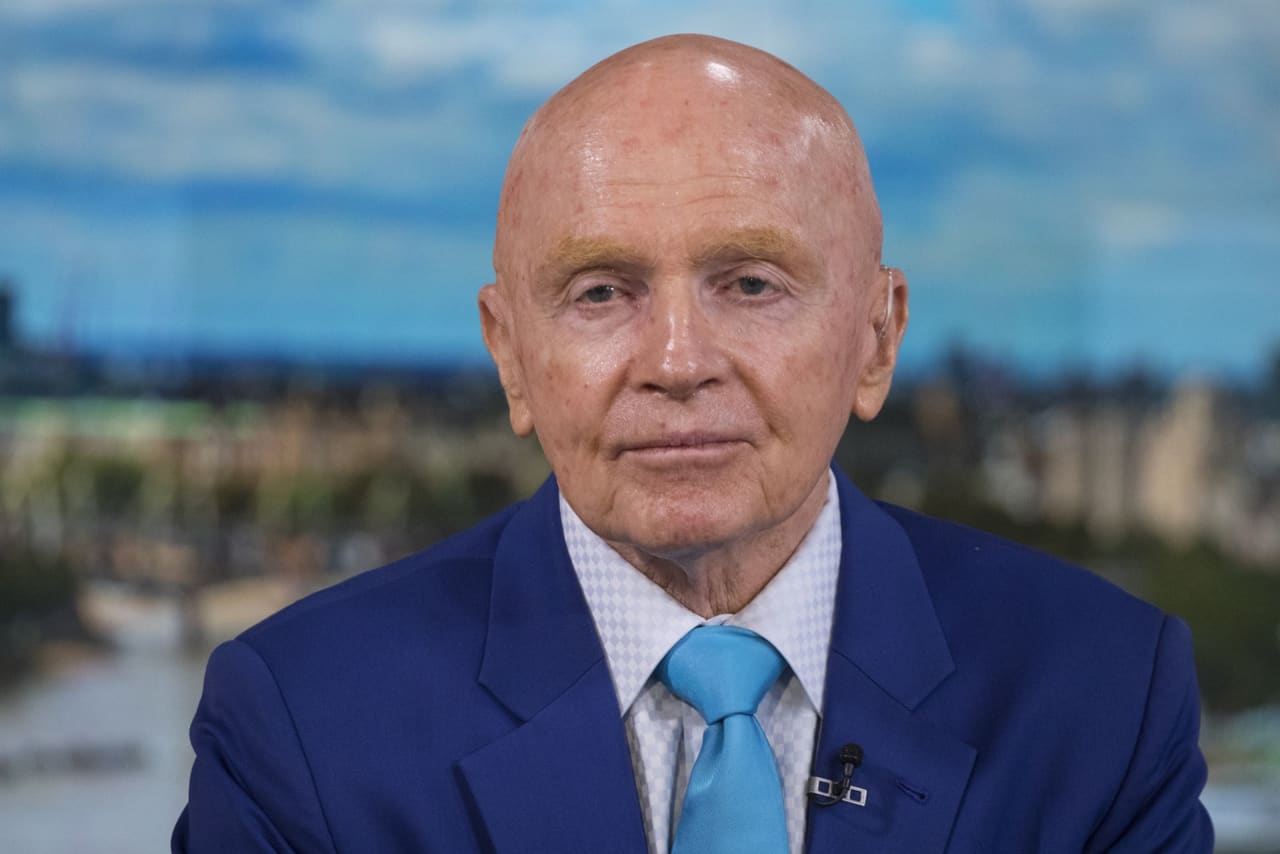
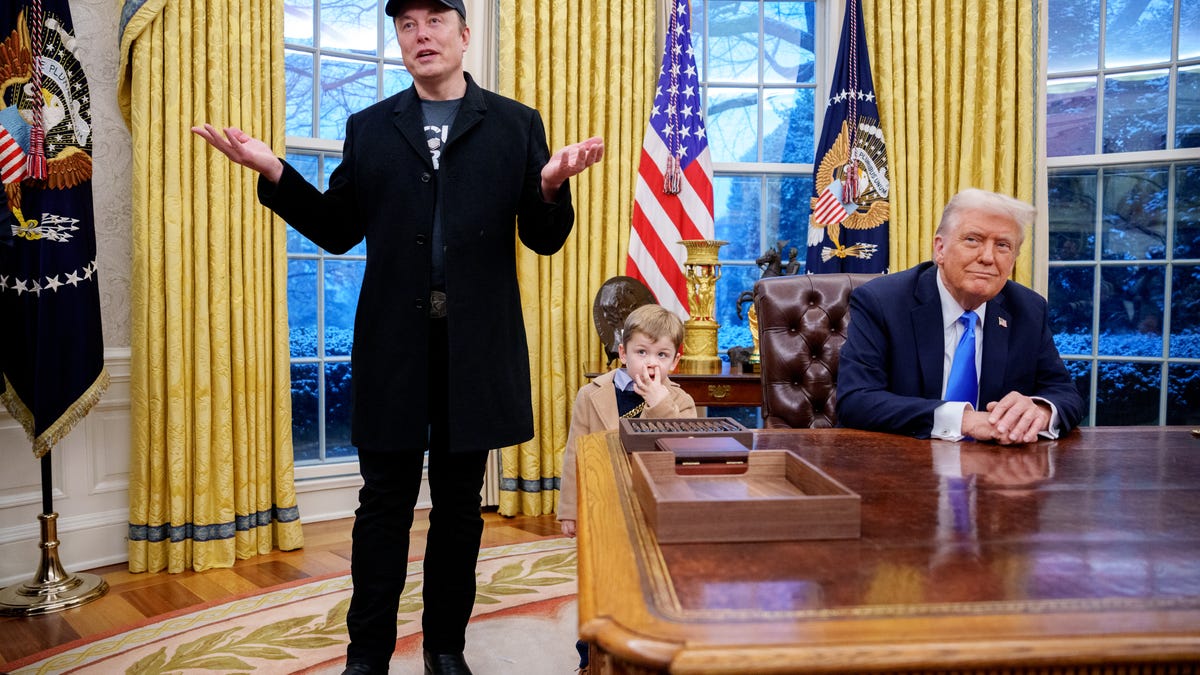
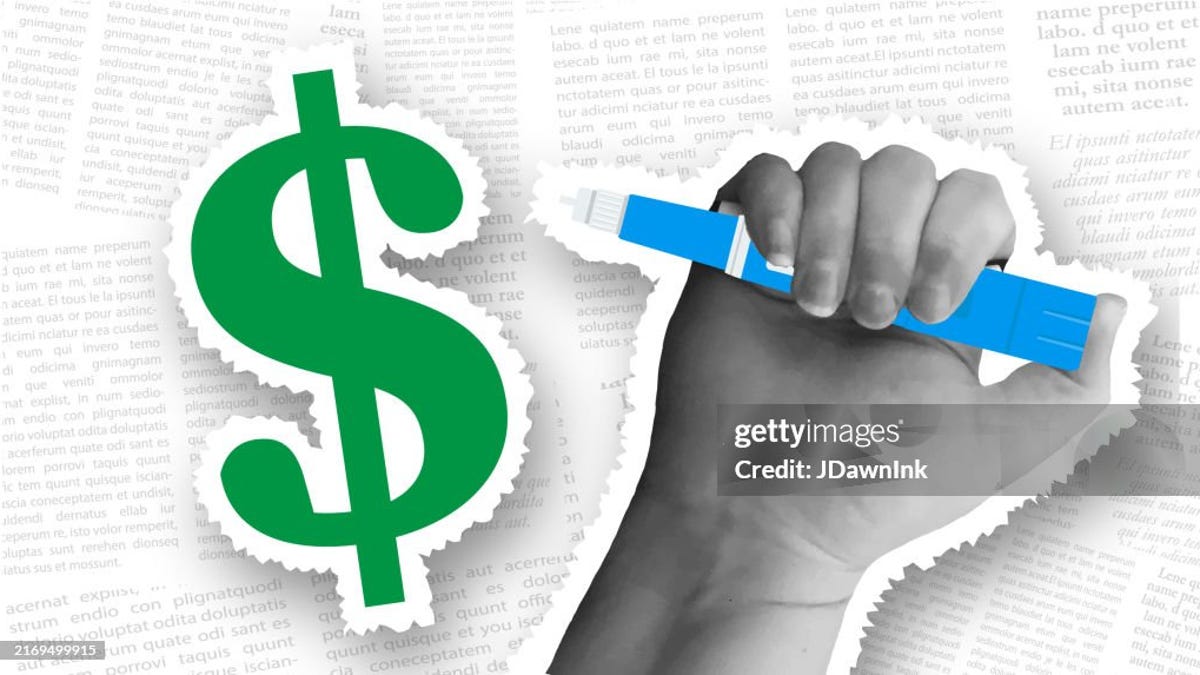














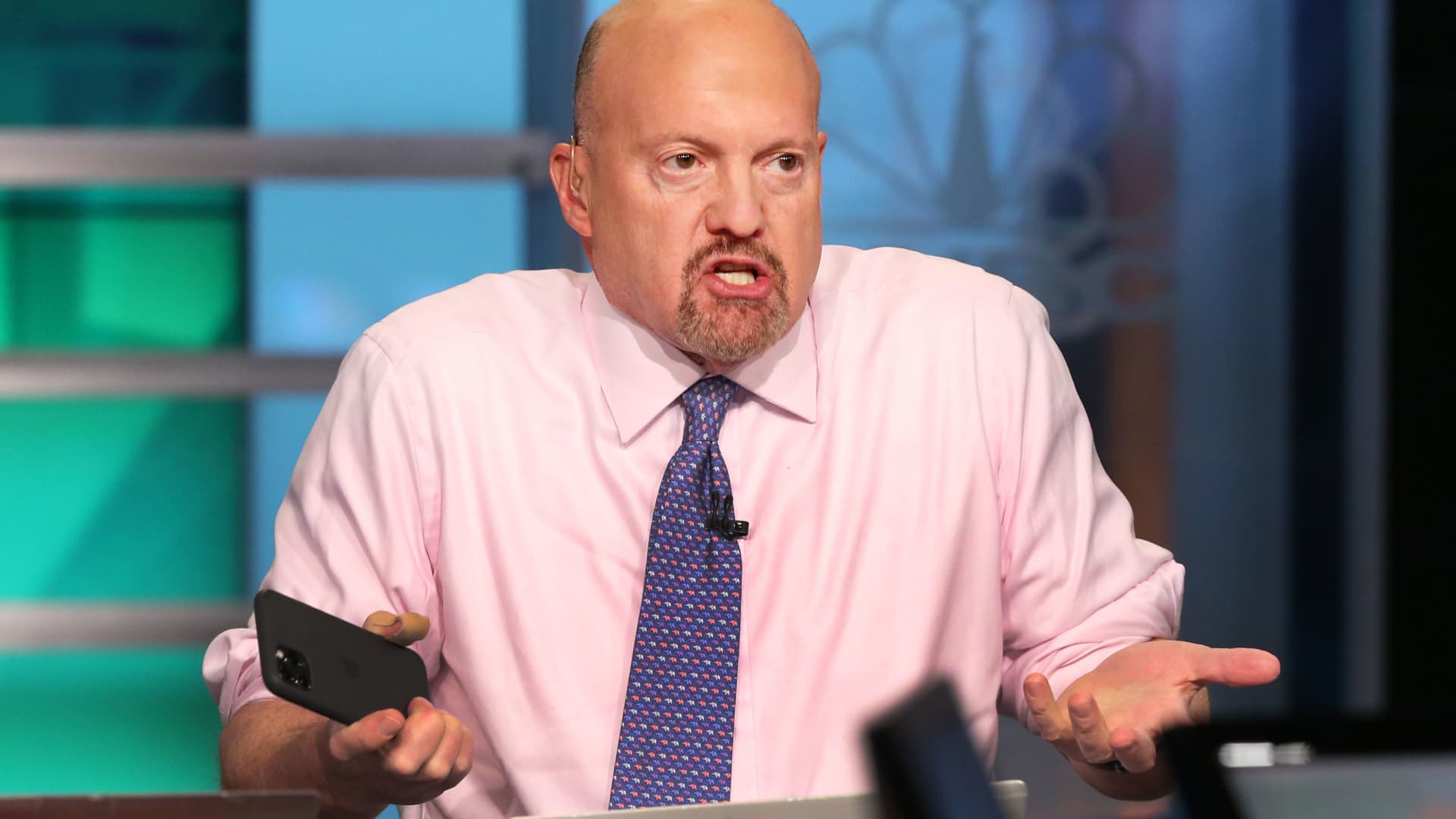






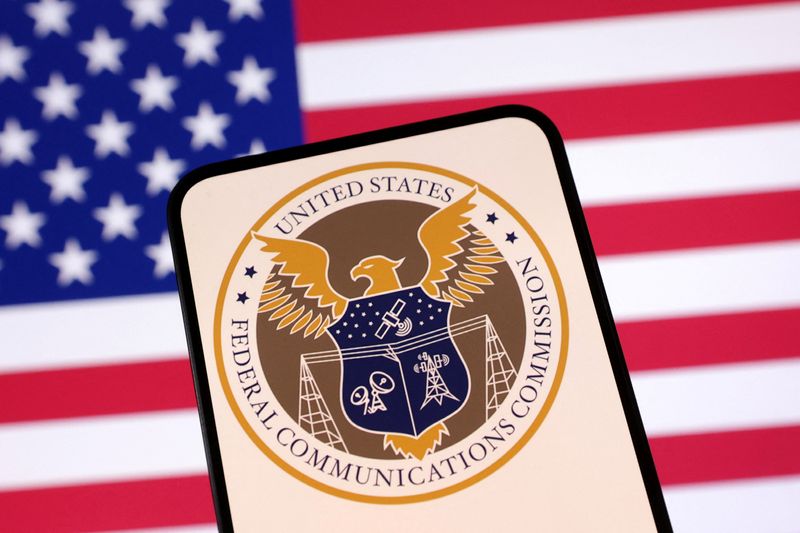







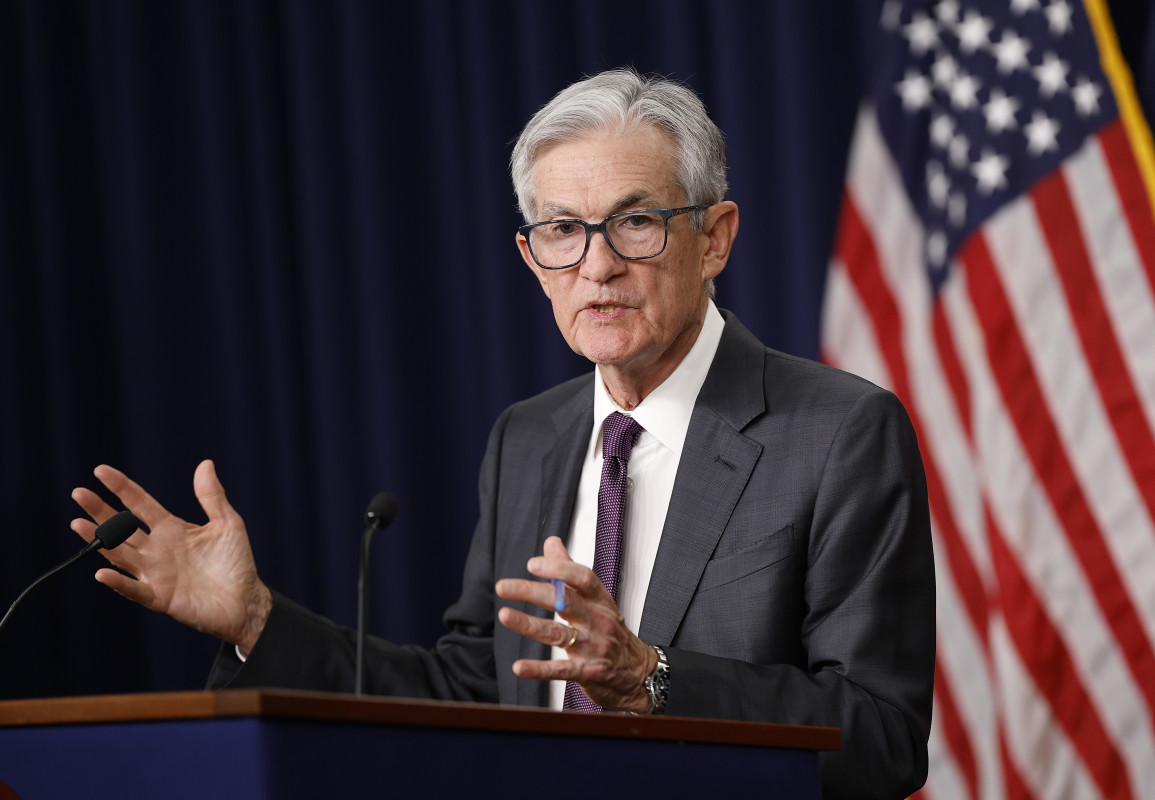










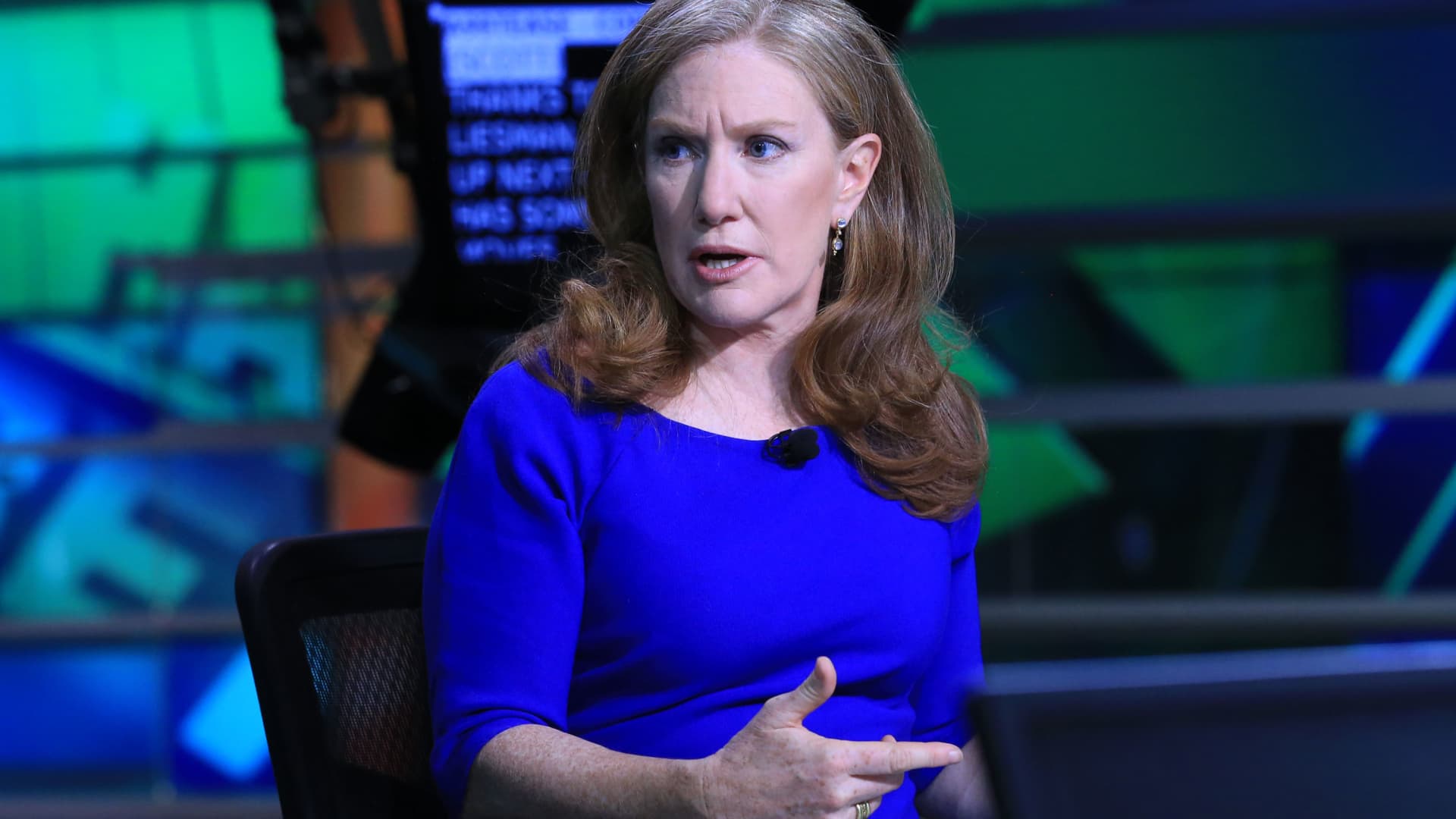


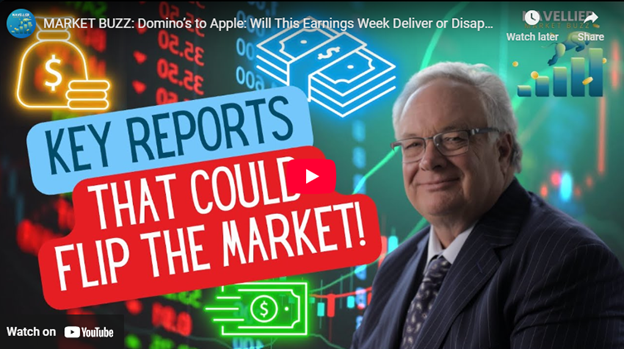

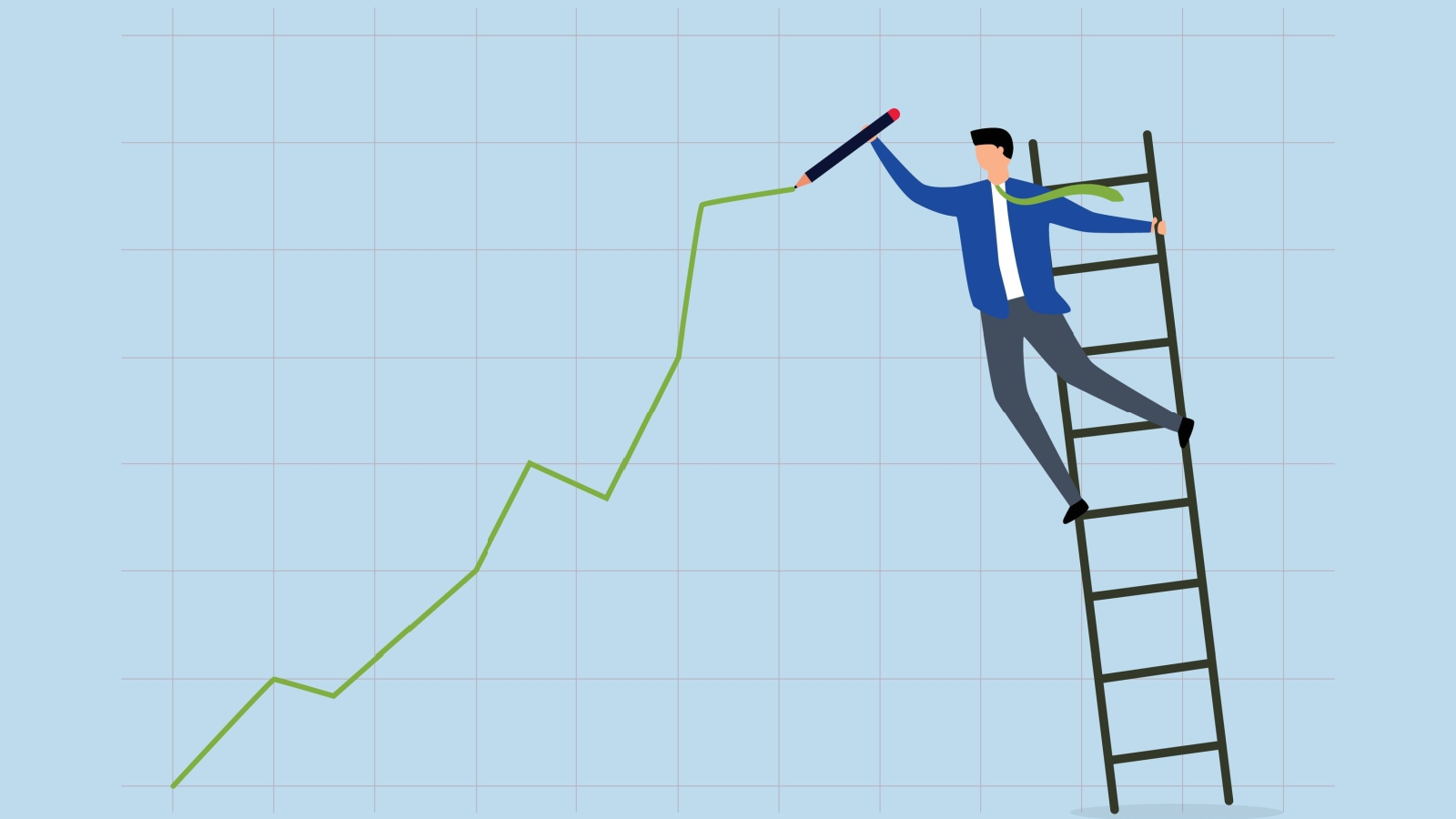






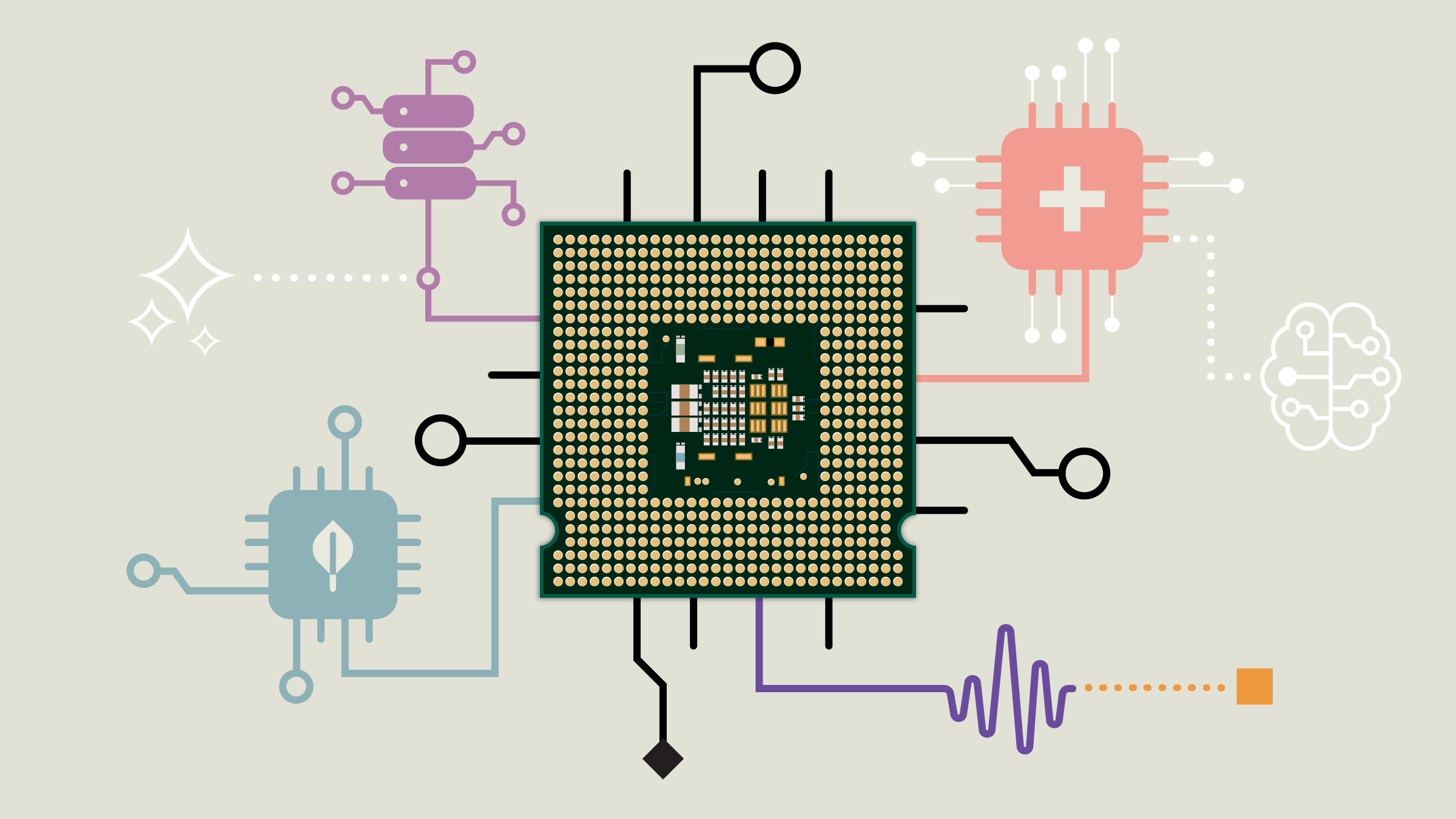

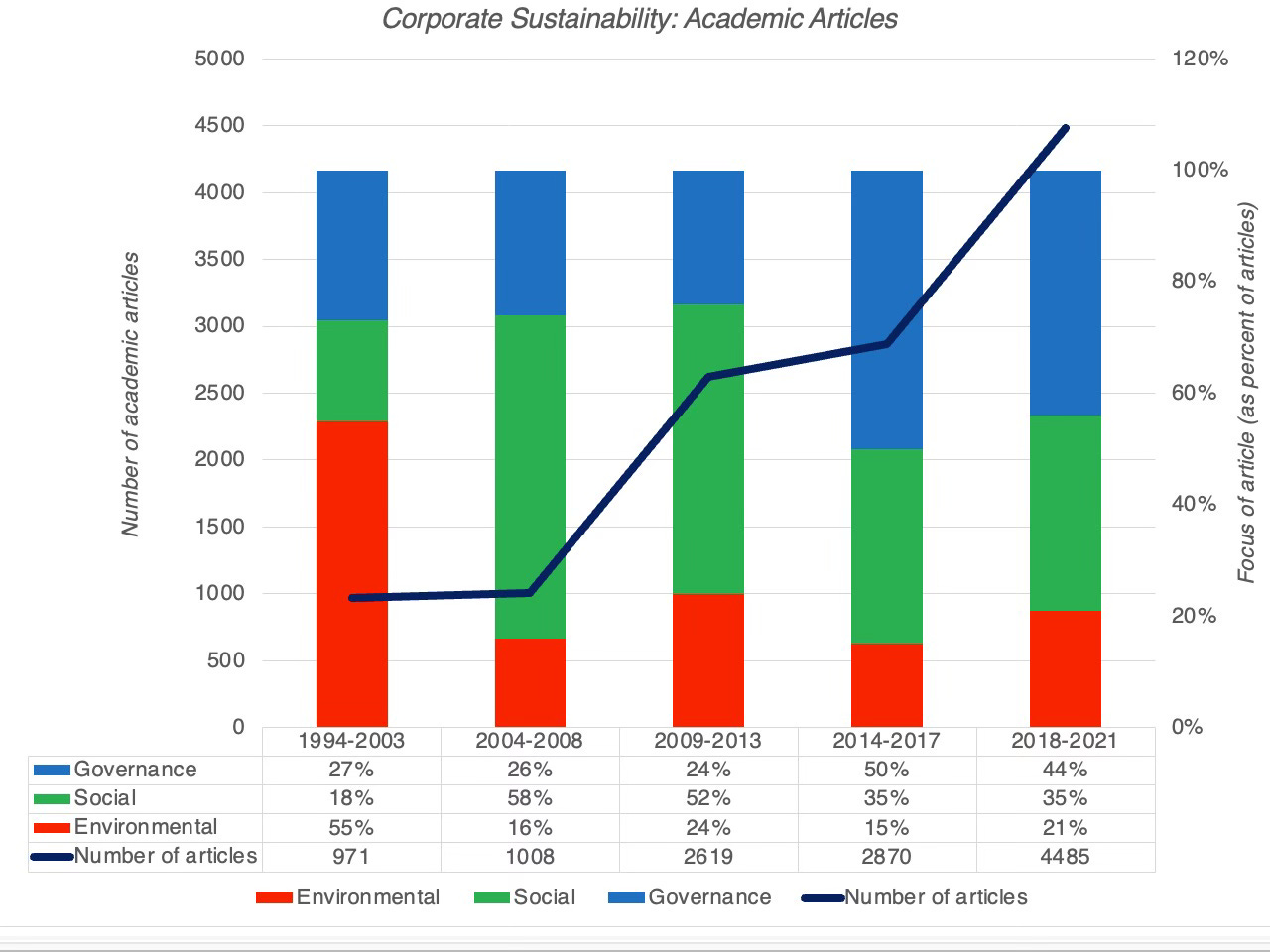



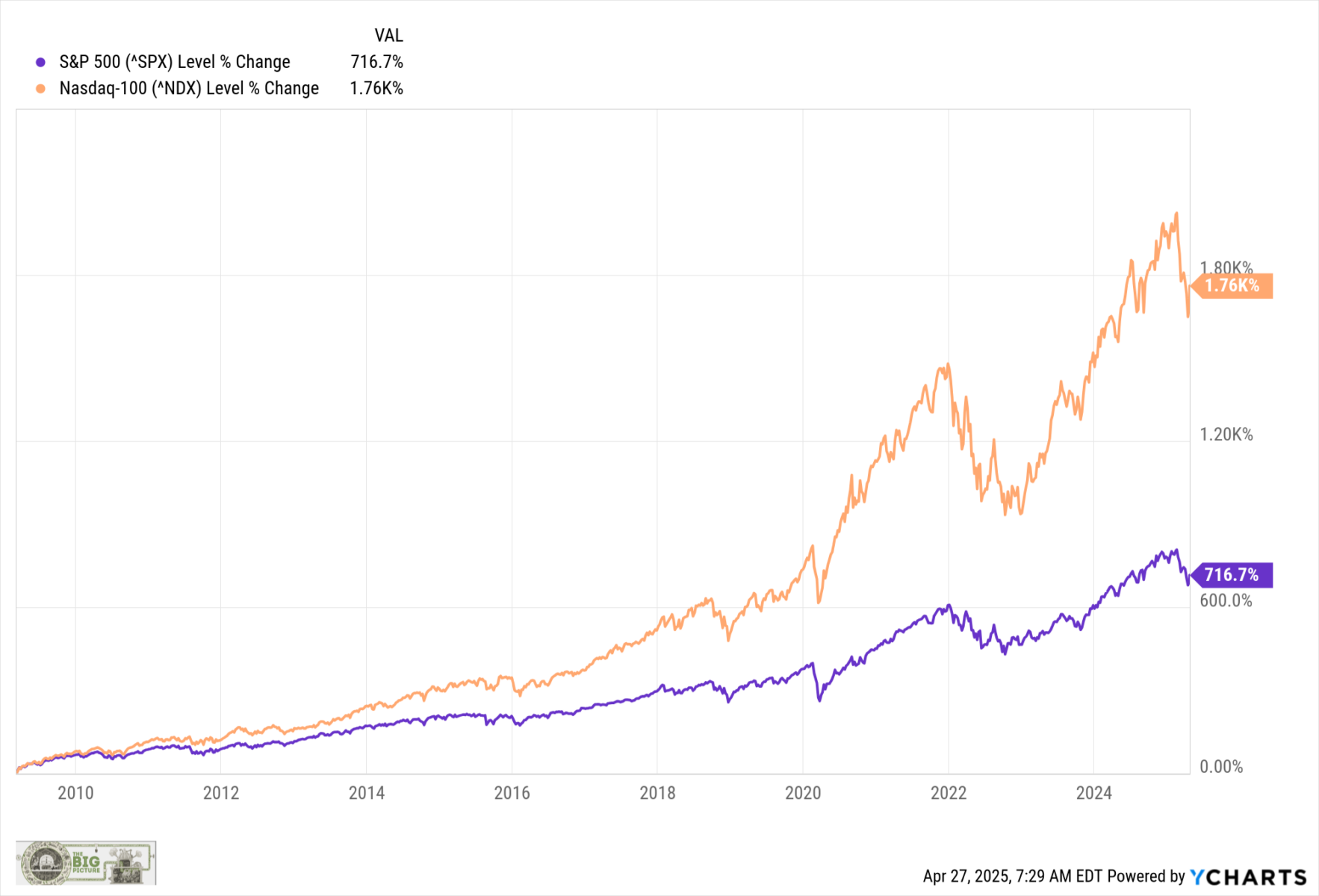

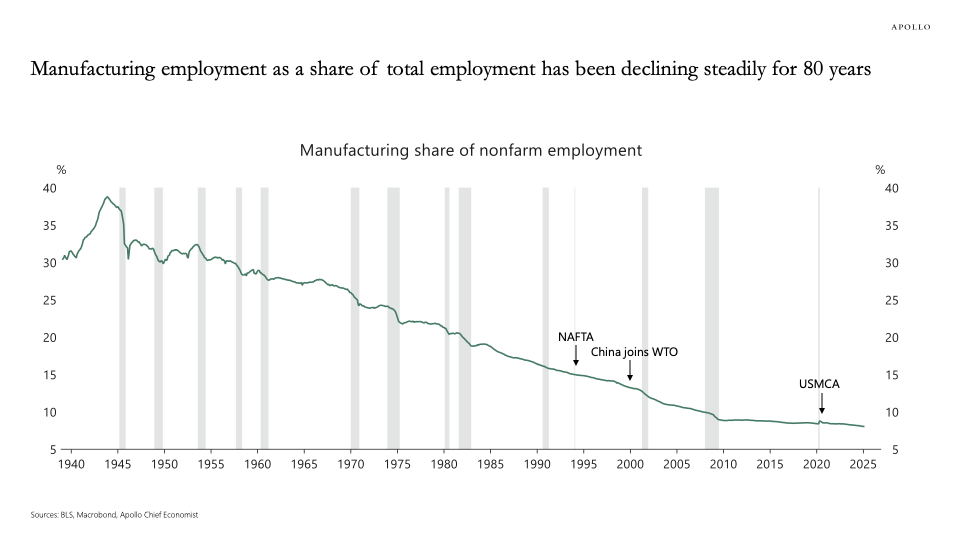


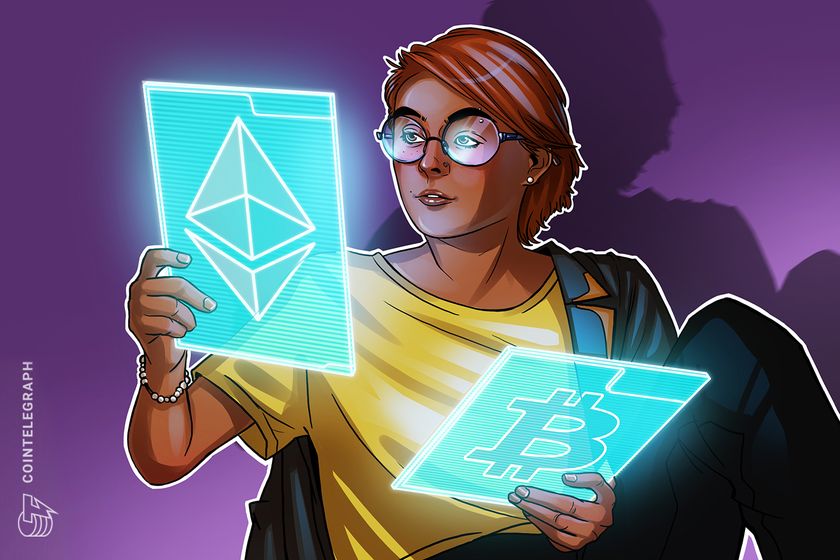

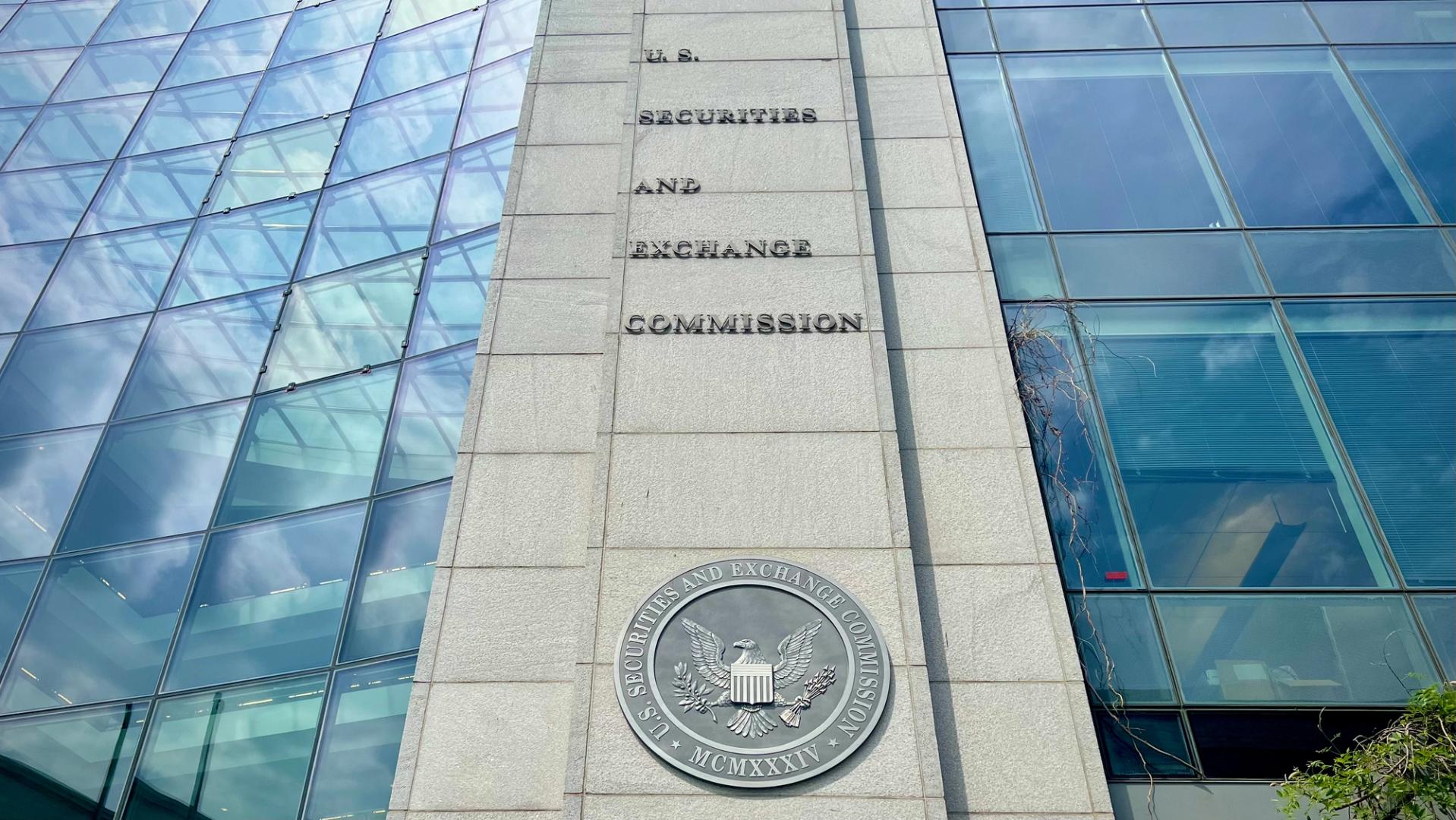






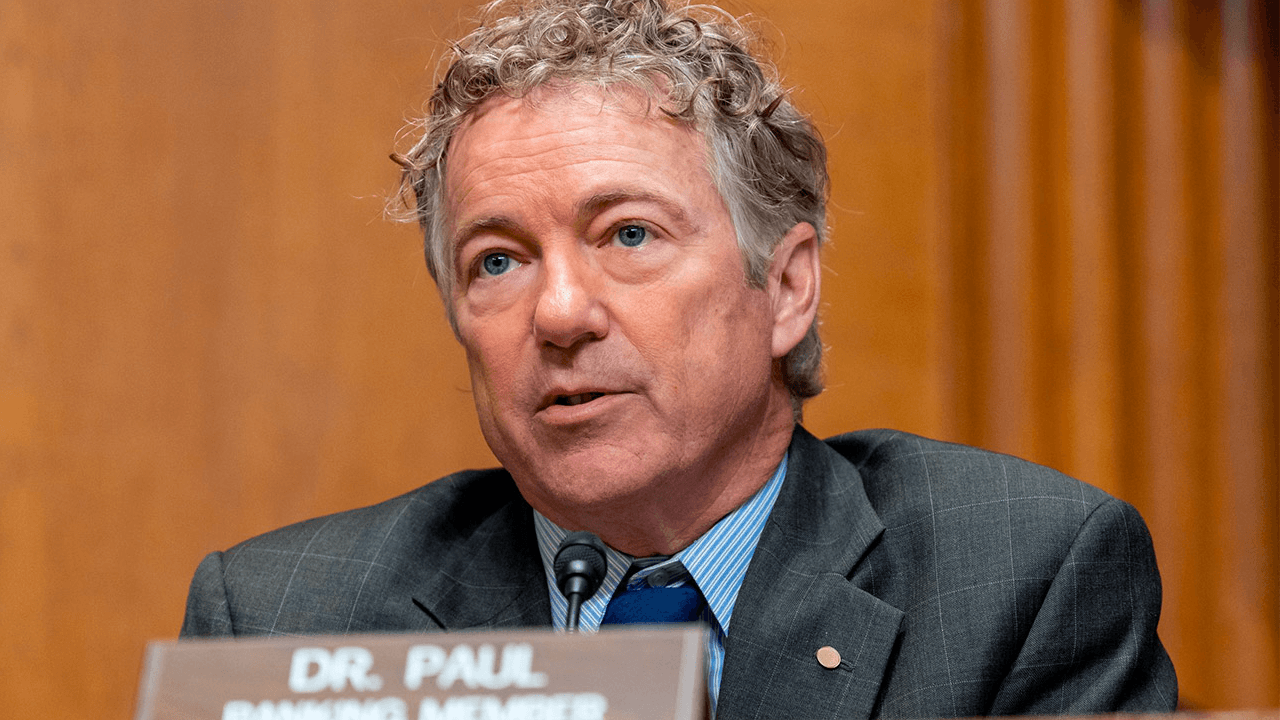
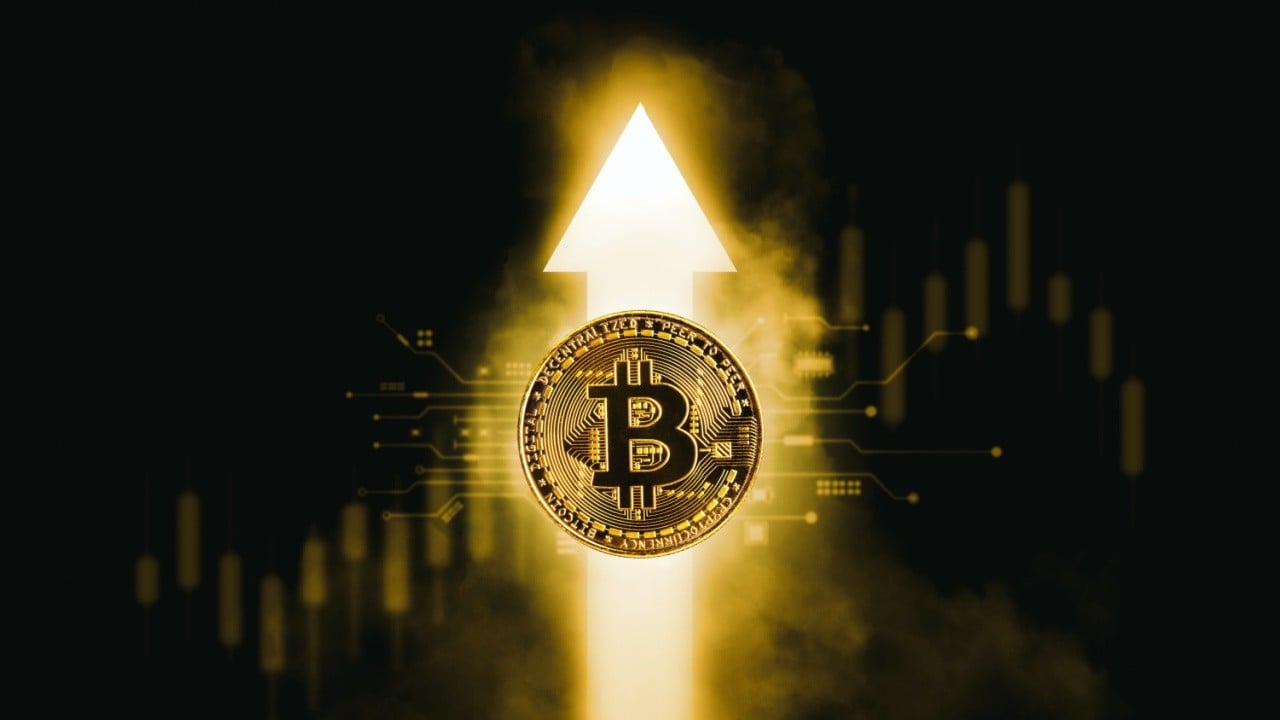
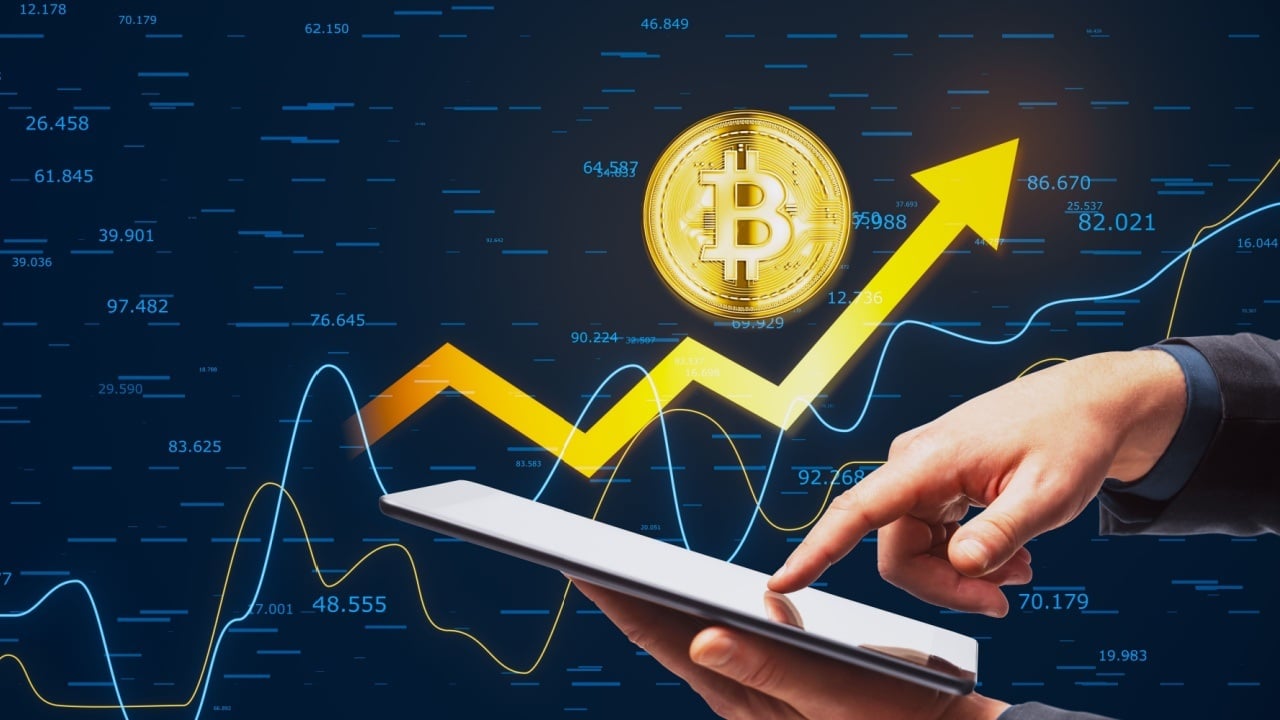
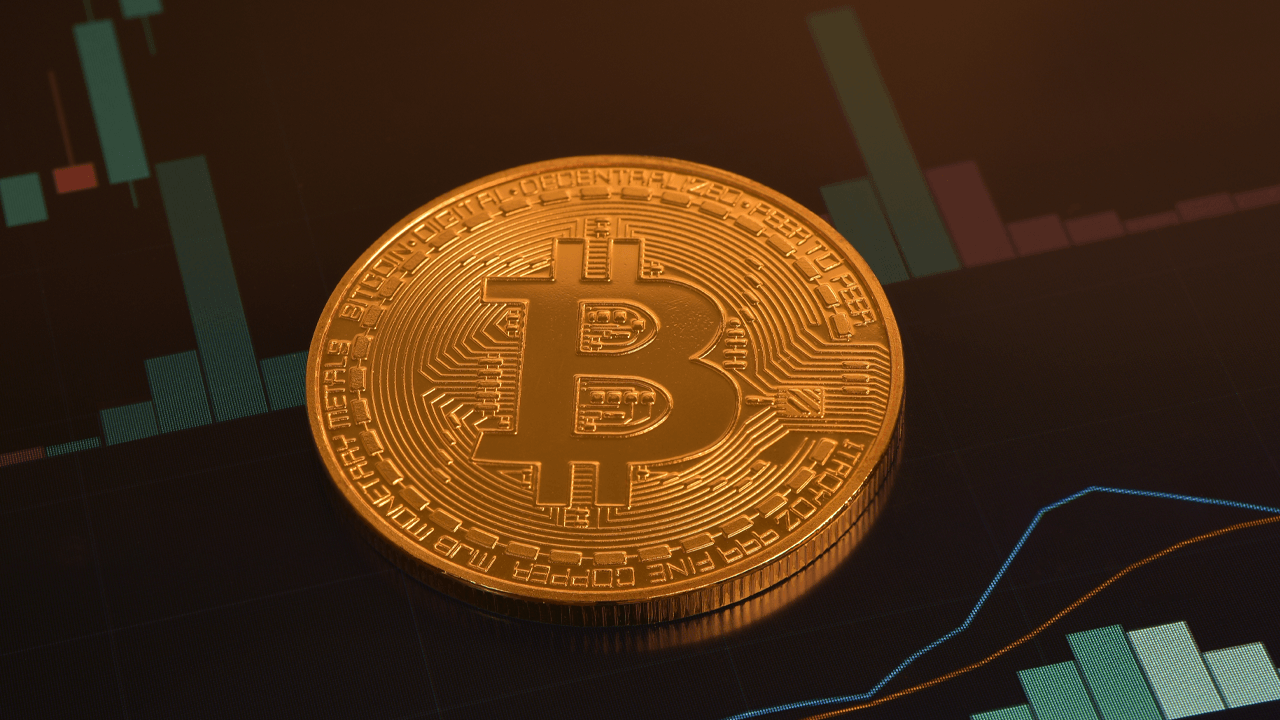
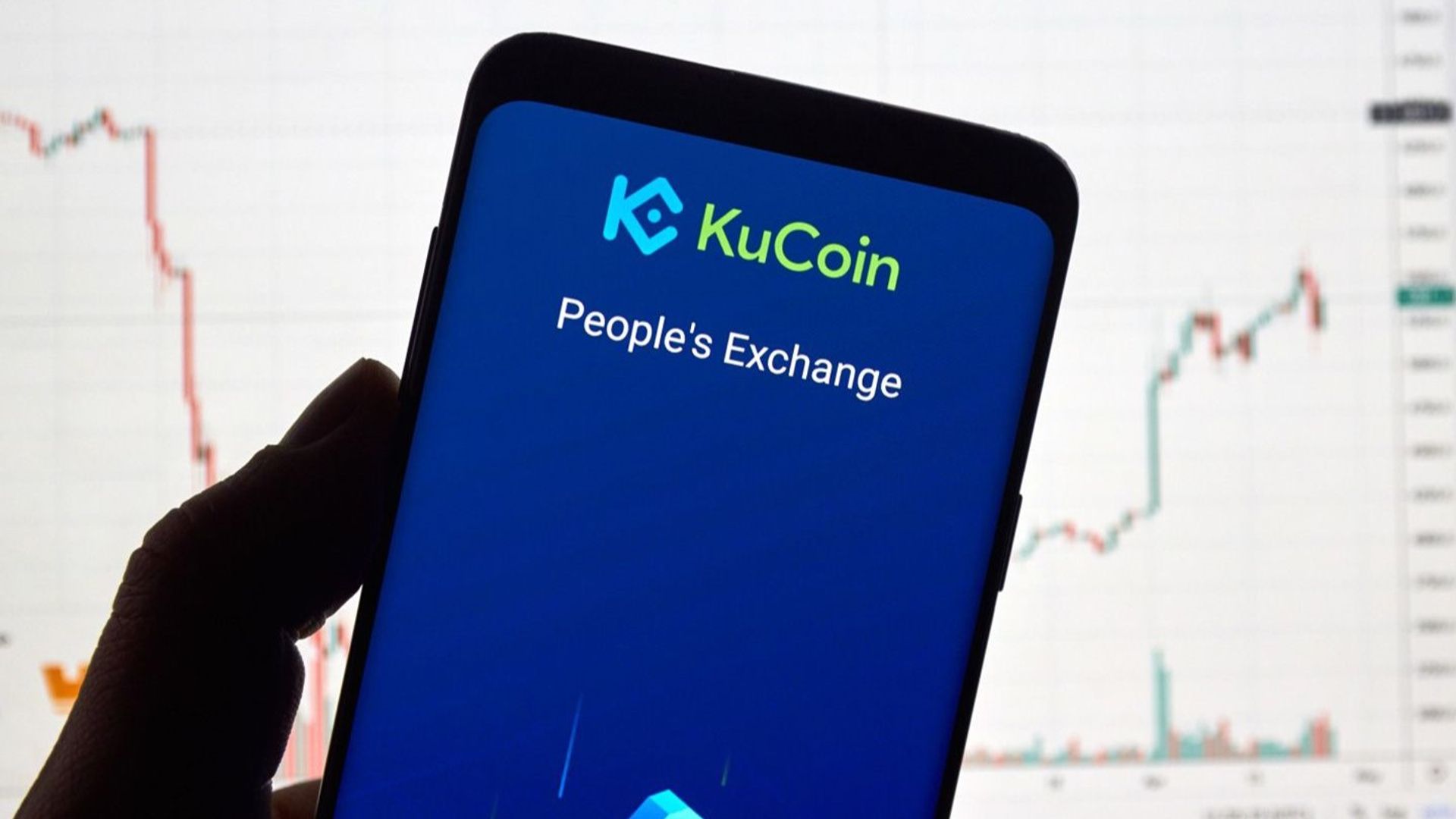




























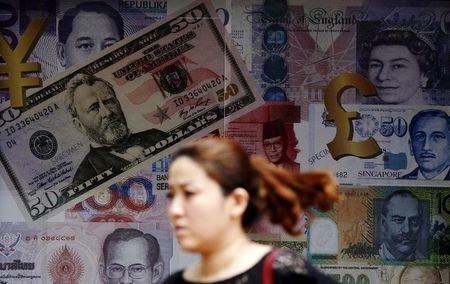








-logo-1200x675.png?v=20240521153233&w=240&h=240&zc=2)






